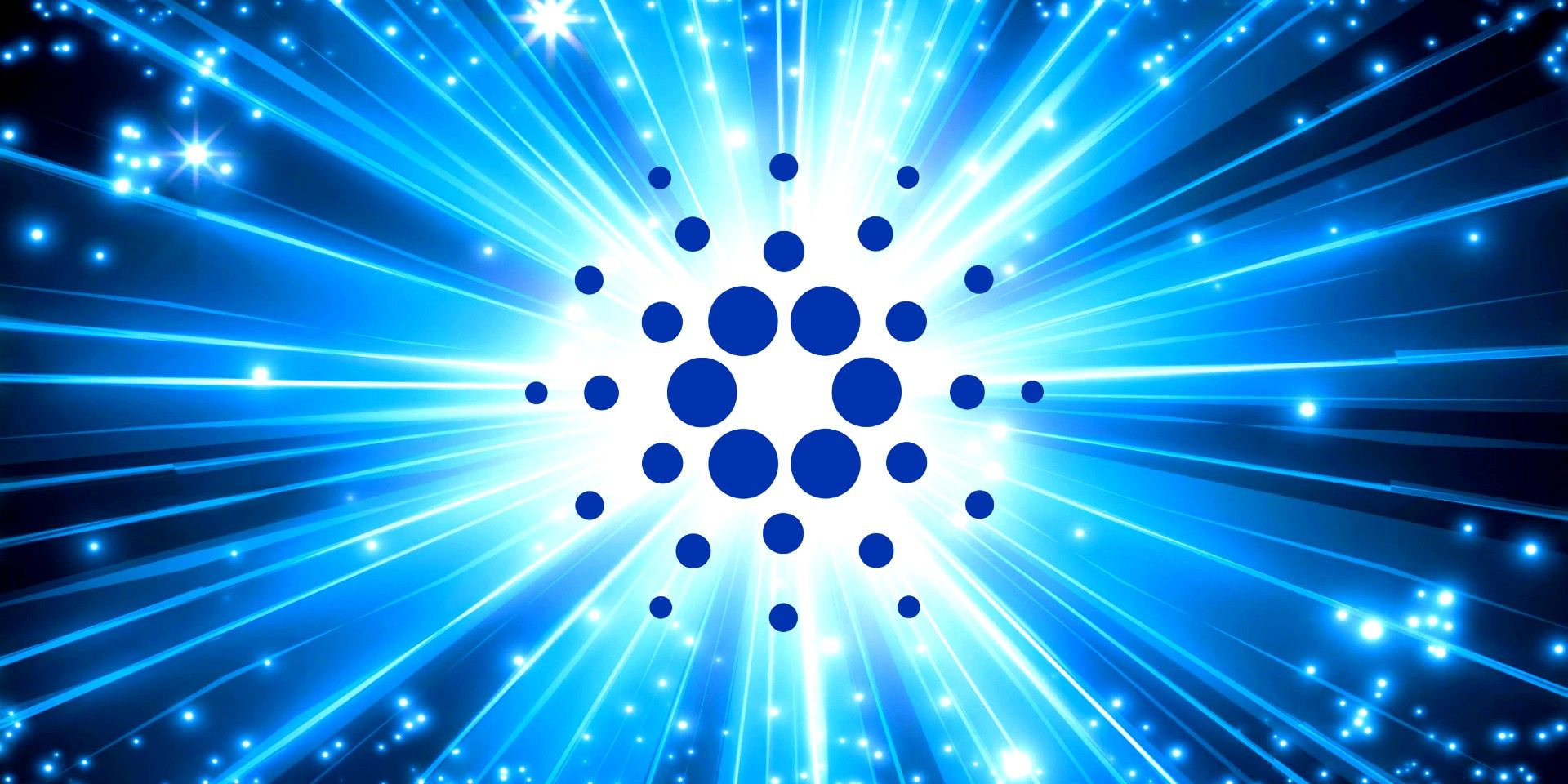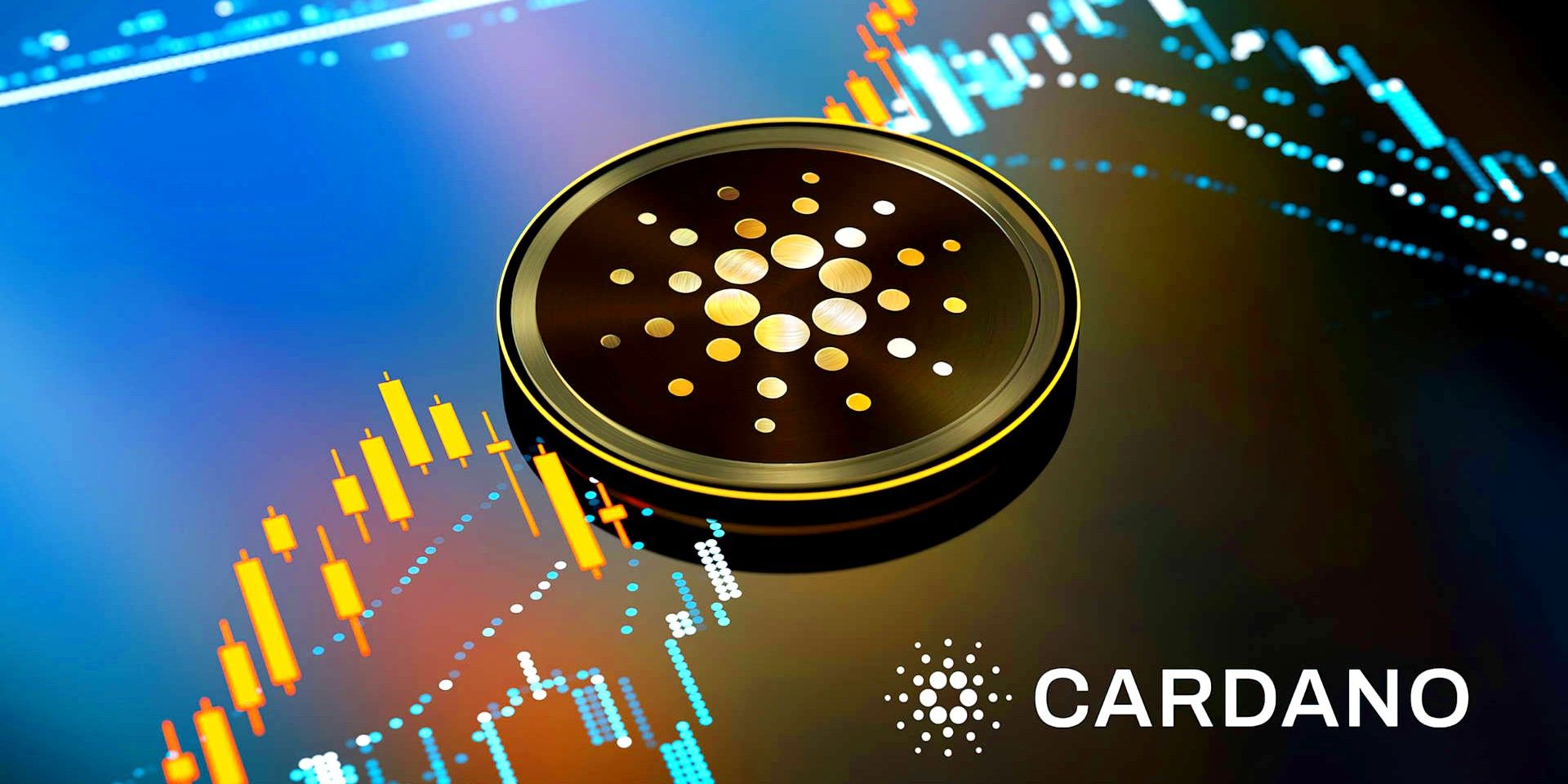
Cardano is a blockchain designed from the ground up through peer-reviewed scientific methods and was started by one of Ethereum’s founders to correct the problems of Ethereum’s design. Due to its slow and gradual development over several years, many critics have claimed Cardano is a scam or a ‘ghost chain.’ Yet, its current capabilities, developer community, and decentralized application (dApp) ecosystem tell a very different story.
Ethereum was created with a ‘move fast and break things’ attitude, as it was the first blockchain to use smart contracts. It was developed according to schematics from a whitepaper written by its principal founder, Vitalik Buterin, and several other notable blockchain innovators. Unfortunately, Ethereum’s rapid development resulted in a blockchain that used the same energy-intensive, slow-moving and expensive Proof-of-Work crypto mining system that Bitcoin uses. While this issue was recently corrected by Ethereum’s transition to Proof-of-Stake, Ethereum still suffers from severe transaction fees that make it absurdly unaffordable for most people, which created high demand for affordable alternative blockchain networks.
Cardano’s official website explains Cardano is a Proof-of-Stake smart contracts blockchain designed and developed through peer-reviewed research and evidence-based methods. Instead of being built from a whitepaper’s schematics, Cardano was started as an idea to use science to build a blockchain and is the only blockchain that does not have a whitepaper. Since then, researchers and engineers worldwide have contributed research papers towards the Cardano project, and its influential (and controversial) thought leader Charles Hoskinson has become the voice of the Cardano community. Cardano’s block explorer shows an average transaction time of around two to three seconds per block, which is far better than Ethereum’s 12-20 seconds, and Solberg Invest reports Cardano’s average blockchain gas fee is around $0.20 to $0.40, a much more affordable price than Ethereum’s $7 to $15 (which hits $50-$200 on a bad day). To date, Cardano boasts the most active developer community of any blockchain and hundreds of dApps, tokens, and NFTs. Yet, its critics continue to claim it is a scam and a ‘ghost chain’ despite overwhelming evidence to the contrary.
Why Does Cardano Get So Much Hate?
Due to its slow development, Cardano has gained an undeserved controversial reputation over the years. People in crypto tend to be impatient gamblers who have experienced too many crypto rug-pull scams and view any project that does not deliver immediate results (and profits) as a scam. At the same time, Hoskinson, Cardano’s most influential thought leader and CEO of IOHK (the company developing Cardano), has become a controversial character in the blockchain industry due to his cult-like following and occasional social media joke, which his critics frequently take to the nth-degree of offense.
Despite its reputation among crypto critics, Cardano has many great features that make it a powerful network likely to survive and thrive over the next decade. It is already seeing adoption by developing nations that lack access to modern financial infrastructure. Unlike Ethereum, which requires spending ether (ETH) for all actions, Cardano charges its gas fees in any token the user wants to pay in, vastly simplifying its use. Cardano is also a very green network, and CNBC reported in 2021 that the Cardano network only consumes six GWh of power annually, a tiny fraction of Bitcoin’s 110 TWh. While Cardano still has many more milestones remaining on its roadmap to completion, it is fully operational today and is already outperforming Ethereum on many metrics. It will only get better as more upgrades are rolled out.
Cardano is developing into a powerful and scalable blockchain network for the world’s actual economic and regulatory needs rather than conforming to an idealistic attitude of what a blockchain should be. While it took nearly six years to enable smart contract functionality, Cardano today boasts not only smart contract capabilities but also offers affordable gas fees, fast transaction times, environmentally friendly power consumption, resistance against quantum computers, a decentralized identity system, and a decent ecosystem of tokens, NFTs, and dApps.
Sources: Cardano.org, Cardano Block Explorer, Solberg Invest, CNBC
This news is republished from another source. You can check the original article here




